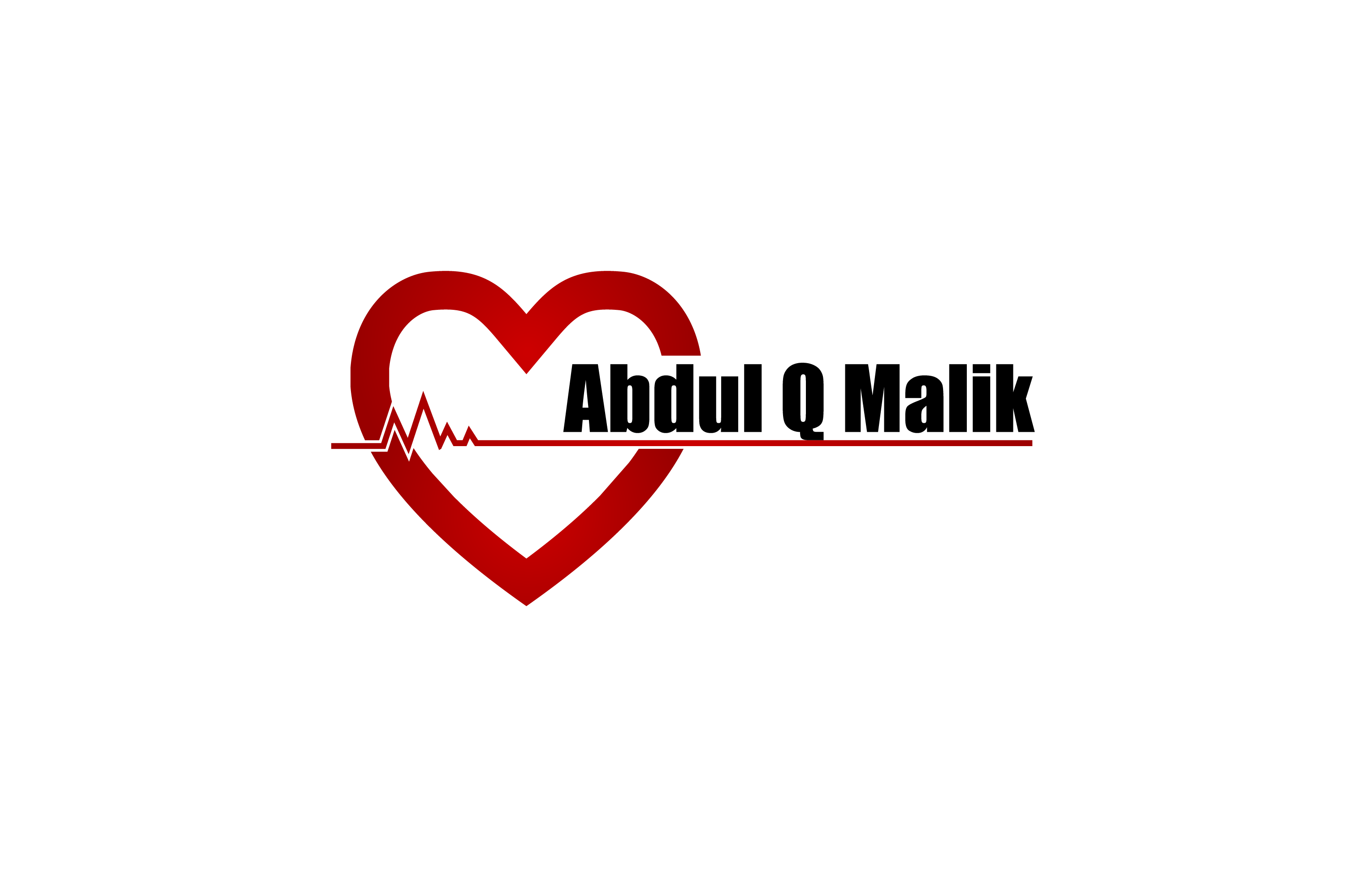Get Treated for Arrhythmia (Irregular Heart Beat) in Brooklyn, NY
As many as three million people in the United States have a condition called an arrhythmia, or irregular heartbeat. Some people feel no symptoms at all, and are totally unaware that there is a problem. Others may have strong symptoms that interfere with their quality of life.
Two Types
There are two classifications of an irregular heartbeat. A bradycardia occurs when the heartbeat is slower than normal, which means fewer than 60 beats per minute. The other kind is called a tachycardia, and it refers to the opposite, when a heartbeat is too fast, beating in excess of 100 times each minute.
Complications Caused by an Irregular Heart Beat
Both types of an irregular heartbeat can produce some severe symptoms. The heart may only have an irregular heartbeat for a few minutes, or it could be irregular for days – or even permanently. In most cases, it really is harmless, but a doctor’s diagnosis should be obtained to be sure. Irregular heartbeats in some people may lead to either stroke or heart failure.
Symptoms of Arrhythmia
The symptoms can vary considerably. At times, the symptoms may be mild enough that they are not even noticed. At other times, they can cause fatigue, dizziness or fainting, shortness of breath, a rapid pounding, pain in the chest, or sudden cardiac arrest.
Testing for an Irregular Heart Beat
Testing for an irregular heart beat can be rather extensive. Most likely, the tests will start with an EKG. This may be followed by wearing a Holter monitor, or an event monitor, for 24 hours. Both devices will record problems with your heartbeats during that period.
A blood test will also be given, and an x-ray, as well. Echocardiography (ECG) may also be used to determine where there may be poor blood flow in the heart. A stress test may also be given, which means walking on a treadmill to increase your heart rate. A number of other tests may also be given as needed.
Risk Factors
The potential causes of an irregular heart beat are numerous. They may include stimulants such as caffeine or nicotine, various drugs or supplements, heart disease, high blood pressure, excessive alcohol, diabetes, and electrolyte imbalance.
Treatment for an Irregular Heart Beat
There are many treatment options available, and these will depend on the nature of the problem. A number of different medications may be given that can slow down a heart rate that is too fast. None, however, are yet available to speed up the heart. When this is the case, it is likely that a pacemaker or implantable cardioverter defibrillator (ICD) will be implanted. Medicine will also be given to thin the blood to help prevent clotting.
Prevention
Steps can be taken to help prevent an irregular heartbeat. This includes getting down to and keeping a healthy weight, eating healthy foods, regular exercise, reducing stress, and avoiding alcohol in excess, and quitting smoking.
Dr. Abdul Malik, MD is a Cardiologist who has been practicing for over 24 years. He diagnoses and treats patients with arrhythmia. His expertise has enabled him to teach many young doctors in Internal Medicine and Cardiology at several hospitals.

